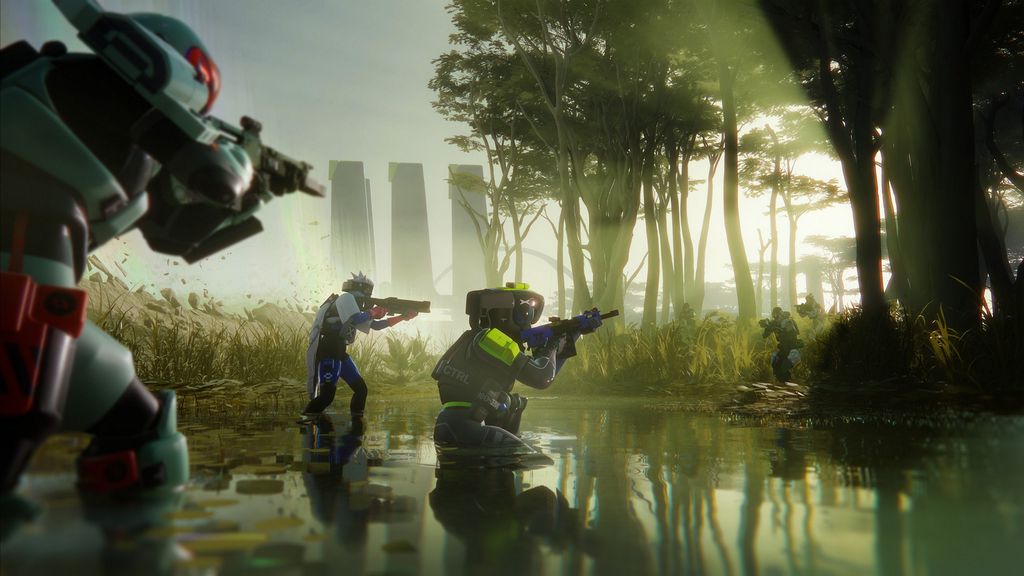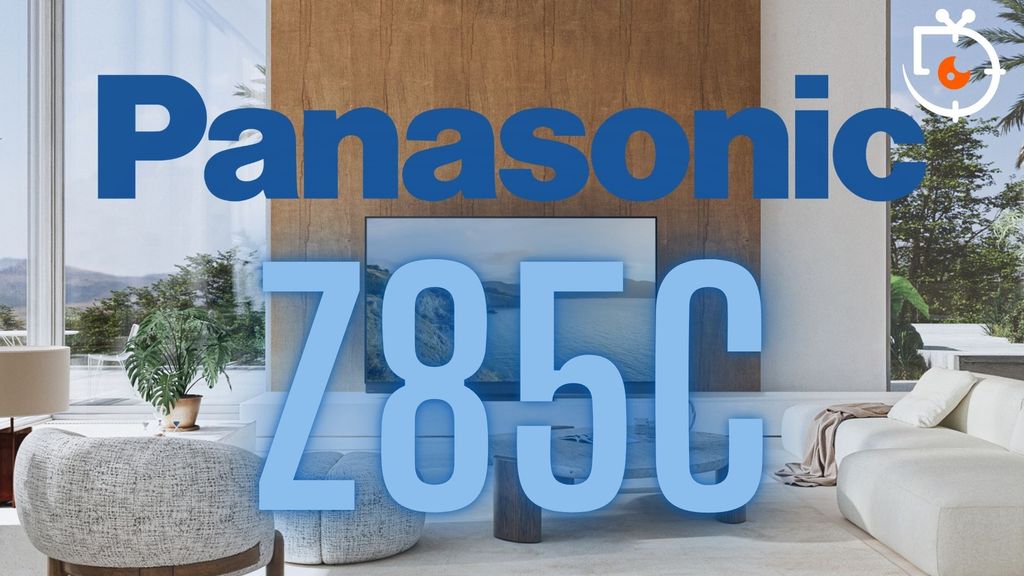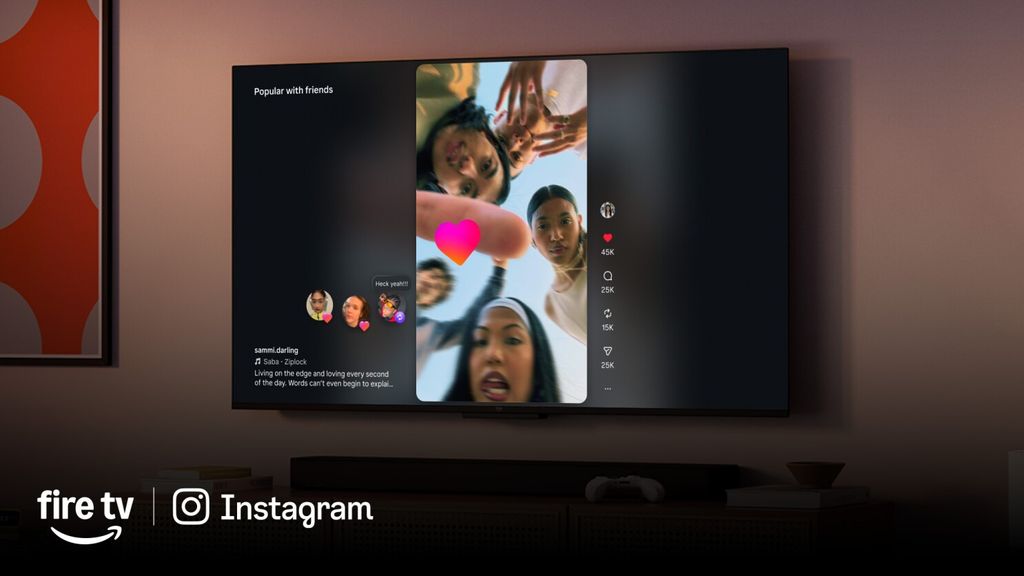
In the world of technology, there is no shortage of rivalries, but few have as much tension, ego, and future consequences as this one: Elon Musk versus Tim Cook. The backdrop? An attempt to seize the future of satellite connectivity in smartphones. Musk made Apple an offer that was supposed to change everything. Cook said "no." And then the war began.
5 billion dollars, 72 hours, and the vision of an iPhone powered by Starlink
Even before the world saw the iPhone 14 in 2022, Elon Musk knocked on Apple’s door with a very specific proposal: his company SpaceX would provide Apple with Starlink satellite connectivity that would work in iPhones – globally.
The offer was quite significant: 5 billion dollars upfront, and after 18 months of exclusivity – 1 billion dollars per year. Musk believed that Apple simply had to accept such a deal. And he set the clock: 72 hours to make a decision.
Apple – through Tim Cook – declined. Instead, the giant from Cupertino chose a smaller partner: the company Globalstar. No risk, no Elon, no drama. But this decision set off a series of events that continue to this day.
Starlink Direct to Cell: Musk is doing his thing, iPhone works without Apple
Instead of getting offended, Musk took action. Together with T-Mobile, he created the "Starlink Direct to Cell" service, which allows for direct satellite communication on smartphones – including iPhones – without the need to change hardware or use external antennas.
Irony? The iPhone, despite not accepting Musk's offer, can still work on Starlink – as long as the user is on the T-Mobile network. Meanwhile, Apple is sticking to its partnership with Globalstar, offering an emergency SOS via satellite feature – but only under limited conditions and in specific regions.
Musk not only did it his way. He did it faster, broader, and… more effectively.
War for the Band: SpaceX vs. Globalstar, Apple in the Middle
In 2022, SpaceX challenged Globalstar's right to use a certain radio band – precisely the one Apple uses in iPhones for emergency communication. According to SpaceX, Globalstar is not fully utilizing this band, hindering the development of competing technologies – including Starlink.
If SpaceX wins, Apple may be left without a key resource for its satellite service. And that means one thing: Apple may have to return to negotiations with Musk.
Problems Inside Apple. Is Globalstar a Dead End?
Not only external competition poses a problem. According to unofficial reports, frustration is rising within Apple regarding the partnership with Globalstar. Craig Federighi, head of software, and other top executives have allegedly expressed concerns about Globalstar's aging infrastructure and the lack of serious investments in development.
This means one thing: Cook's decision to steer clear of Musk may already be costing Apple more internally than anyone anticipated.
This is not just a fight for coverage. It's a fight for the future
Today, it's no longer just about who can deliver more megabits from orbit. It's about who will take control of connectivity in crisis situations, in remote places, in a future of smartphones that knows no boundaries of cellular networks.
Musk plays aggressively—with offers, satellites, and legal actions. Apple, as usual, plays the long game—with security, control, and cautious partnerships.
But one thing is certain: this battle is no longer just about technology. It's about who will define what the smartphone will be in 2030.
 Katarzyna Petru
Katarzyna Petru













